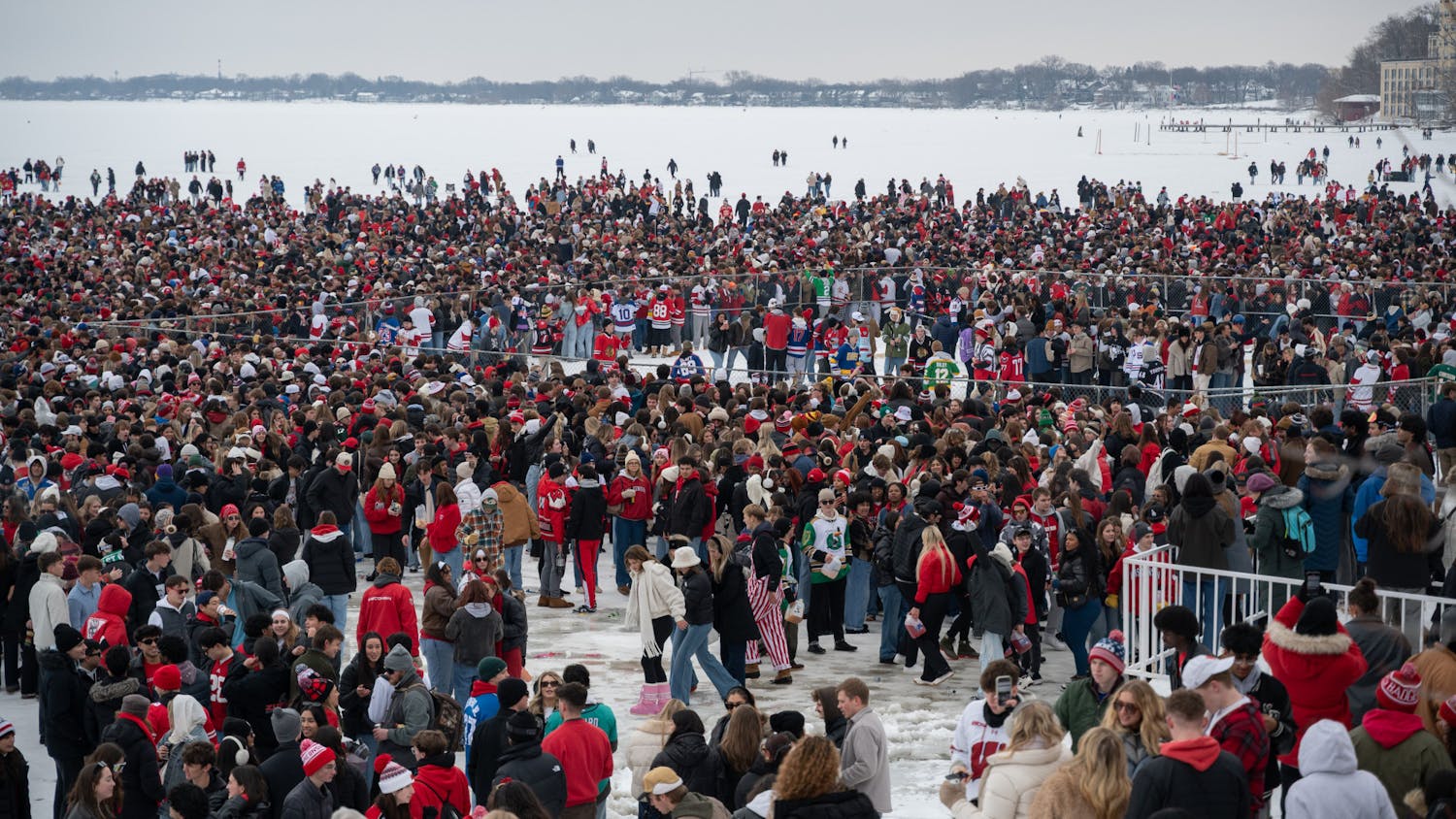Oswaldo Paya's house in Havana is fairly easy to identify. Just look for the not-so-secret secret police keep the house under 24-hour surveillance; they will be located on park benches and in parked cars. The house is also monitored by video cameras, the phones are tapped and all mail is opened. The Cuban government is clearly afraid of this Catholic human-rights activist.
Yet last Friday Oswaldo Paya, as leader of the Varela Project, had the courage to submit 14,384 signatures to Cuba's National Assembly, calling for guarantees of Cuban civil liberties. Only six months ago, 53 organizers of the Varela Project were among the 80 journalists, human rights activists and trade union members arrested by Castro's government. Hopefully, this Friday the Nobel Prize committee will recognize Paya's bravery, and announce its support for the Cuban civil rights campaign, by awarding him the Peace Prize.
Paya, a devout Catholic, has been resisting and denouncing the Castro government since its inception. He was first imprisoned at age 17 for openly criticizing the government. In 1988, influenced by the Prague Spring, Paya started the Christian Liberation Movement, whose goal is to achieve a democratic Cuba through non-violent means.
Paya used the visit of Pope John Paul II in 1998 to start the Varela Project. The project is named after Catholic priest Felix Varela, a hero of Cuban independence. Paya had discovered that under Article 88g of the Cuban constitution citizens are allowed to propose legislation to the National Assembly as long as their petition has the signatures of 10,000 voters. This article provided the Varela Project a legal method of challenging the Cuban one-party state.
The Varela Project demanded the following: Freedom of expression and association, the right to own private businesses (currently granted to foreigners but not Cuban citizens), amnesty for political prisoners and the right to directly elect leaders other than those endorsed by the Communist party.
From the beginning, the members of the Varela Project have been victims of intimidation, vandalism and violence. However, they persisted, and on May 9, 2001, they presented 11,020 names to the National Assembly.
In response, the Cuban government did what authoritarian regimes do best: manufacture \public opinion."" The Communist Party forced massive demonstrations against the project's goals, but out of fear the party refused to actually name the project. Through intimidation and fraud the government gathered eight million votes for a constitutional amendment that made the current communist state ""irrevocable."" However, Castro made a mistake-the amendment did not nullify article 88g.
In his visit to Cuba in 2002, Nobel Peace Prize recipient Jimmy Carter mentioned the Varela Project in a nationally televised speech. Millions of Cubans finally heard the name of the project the government was so vigorously denouncing. The human rights movement was gaining momentum in Cuba.
The Cuban government felt the change in the air. While the world's attention was focused on Iraq, it imprisoned many leading writers, artists and activists. To their eternal shame, groups such as Act Now to Stop War and End Racism (ANSWER) and individuals such as Danny Glover and Harry Belafonte sided with the Cuban government. ANSWER's Stalinist ideology made its support understandable, but it is very confusing that actors, singers and writers would defend such blatant governmental censorship.
Strangely, the government did not arrest Oswaldo Paya. His homegrown, non-violent movement continues to grow. With his submission of signatures on Friday, the total number has now reached 25,404. This is a truly amazing number for a country where speaking against the government can lead to a loss of work, imprisonment, or worse. Paya has not been intimidated by the government's crackdown on dissidents. ""Hope is reborn,"" said Paya, ""Cuba needs changes and there is now a citizen vanguard ready to achieve them.""
There are many candidates who deserve the Peace Prize this year, most notably Vaclav Havel and Pope John Paul II. The Pope is probably the favorite to win (the Nobel Prize is only given to people still living and it appears that the Pope only has a few more months to live.) However, recognizing Oswaldo Paya with the Peace Prize is more urgent.
As Paya has said, ""Support from nations, churches and human-rights organizations around the world is vital to our success. This is the time to put pressure on the Cuban government. This is the time to insist on the release of all political prisoners and detainees. This is the time for solidarity with the Cuban people and their quest for change."" The time has indeed come.





